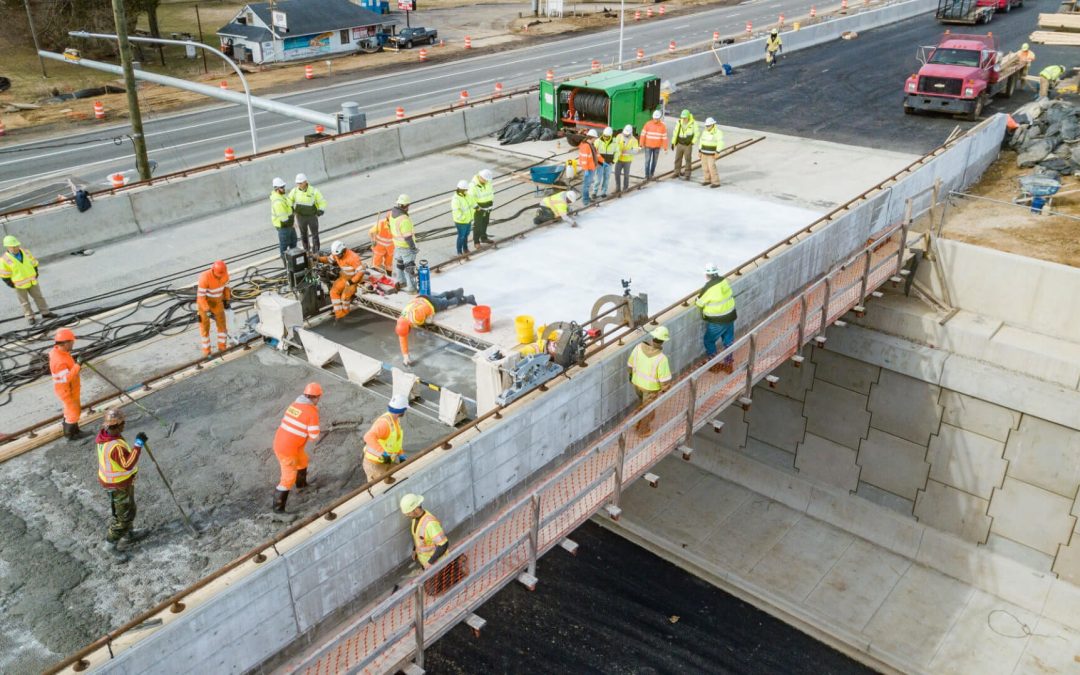Building a private bridge is a significant undertaking that requires proper planning and preparation. Here are some steps you can take to prepare for a private bridge construction project.
Determine the Need for a Bridge
The first step in preparing for a private bridge construction project is to determine the need for a bridge. You should assess the location, the terrain, and the intended use of the bridge to determine whether a bridge is necessary and what type of bridge is appropriate.
Obtain Necessary Permits and Approvals
Before beginning construction, you will need to obtain the necessary permits and approvals from local authorities. This may include permits for construction, land use, and environmental impact, among others. You should research the permit requirements for your area and begin the application process as early as possible.
Hire a Qualified Contractor
Building a private bridge requires specialized skills and equipment. You should hire a qualified contractor with experience in building private bridges to ensure that the project is completed safely and efficiently. You can ask for recommendations from friends or family, or search online for contractors in your area.
Develop a Construction Plan
Once you have obtained the necessary permits and hired a contractor, you should develop a construction plan. This should include a timeline for the project, a detailed scope of work, and a budget. You should work closely with your contractor to ensure that the plan is realistic and achievable.
Prepare the Site
Before construction begins, you will need to prepare the site. This may include clearing vegetation, grading the land, and building access roads. You should work with your contractor to ensure that the site is prepared properly and that any necessary precautions are taken to protect the environment and neighboring properties.
Choose the Bridge Materials
There are many materials to choose from when building a private bridge, including wood, steel, concrete, and composite materials. You should consider the location, the intended use of the bridge, and your budget when choosing the materials. Your contractor can provide advice on the best materials for your project.
Monitor the Construction Process
Throughout the construction process, you should monitor the progress of the project and communicate regularly with your contractor. You should ensure that the work is being completed to your satisfaction and that any issues are addressed promptly.
Conduct a Final Inspection
Once construction is complete, you should conduct a final inspection of the bridge to ensure that it meets all applicable codes and standards. You should work with your contractor and any necessary authorities to obtain any final approvals and permits.
In conclusion, building a private bridge requires proper planning and preparation. You should determine the need for a bridge, obtain necessary permits and approvals, hire a qualified contractor, develop a construction plan, prepare the site, choose the bridge materials, monitor the construction process, and conduct a final inspection. By taking these steps, you can ensure that your private bridge construction project is completed safely, efficiently, and to your satisfaction.

